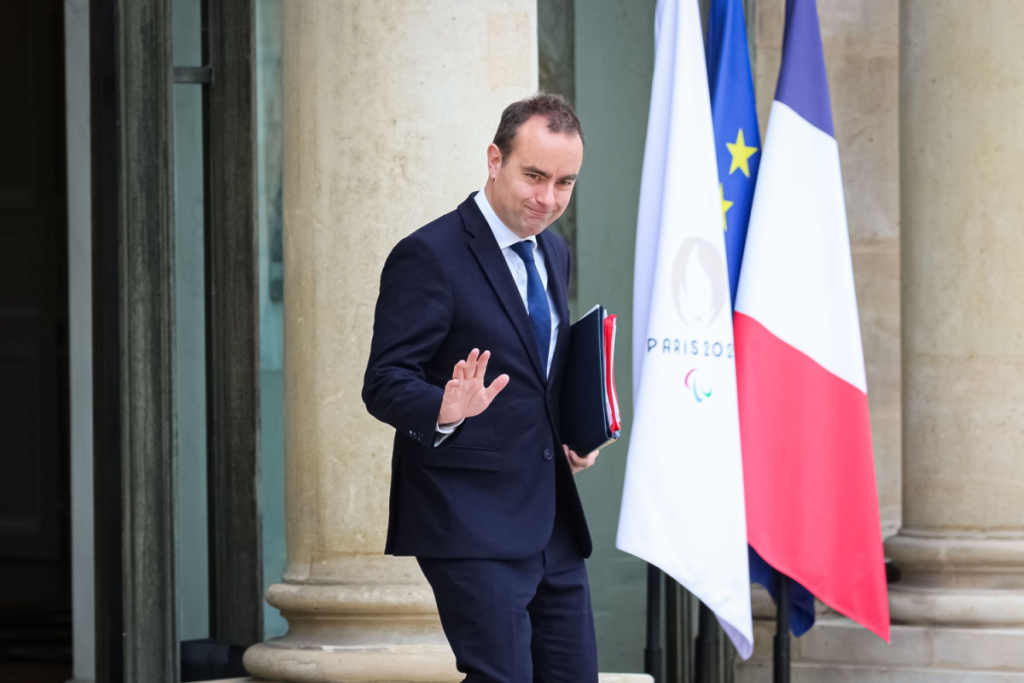A Third Leader in One Year
France has a new prime minister once again. Sébastien Lecornu, 39, officially took over after François Bayrou was forced out this week amid controversy over a proposed budget squeeze. He becomes the country’s third prime minister in only twelve months, following a period of political crisis and instability under President Emmanuel Macron.
Lecornu pledged a “profound break” with past politics and promised humility, though he faces a divided parliament where the left, far right, and centrist blocs have no clear majority. Passing a national budget in the coming weeks will be his first major test, and failure could quickly end his tenure.
Balancing Loyalty and Change
The new prime minister is a long-standing Macron ally, often described as the president’s “spiritual son.” He previously served as defence minister, overseeing an increase in military spending. While he represents continuity with Macron’s policies, Lecornu insists he will adopt new working methods and seek deeper cooperation with the opposition.
Opponents, however, remain skeptical. The Socialist leader Boris Vallaud noted that Lecornu was part of the government ousted just days ago. The leftwing La France Insoumise party filed an immediate no-confidence motion, while the far-right National Rally warned that without clear political change, Lecornu will soon “fall.”
Protests and Public Discontent
Lecornu’s first day in office coincided with mass protests across France, where tens of thousands of demonstrators barricaded roads and filled town centers under the watch of 80,000 police officers. The unrest underscores widespread frustration with economic policy and political paralysis. Snap polling by Odoxa suggested Lecornu enters office with the lowest approval ratings of any prime minister in recent years.
Challenges Ahead
In the coming weeks, Lecornu must form a government and address the nation on his vision. His ability to convince at least some opposition parties to avoid triggering a no-confidence vote will determine his survival. With a divided parliament, simmering protests, and mounting economic pressures, his appointment could either mark a turning point or deepen the perception of instability under Macron’s presidency.


